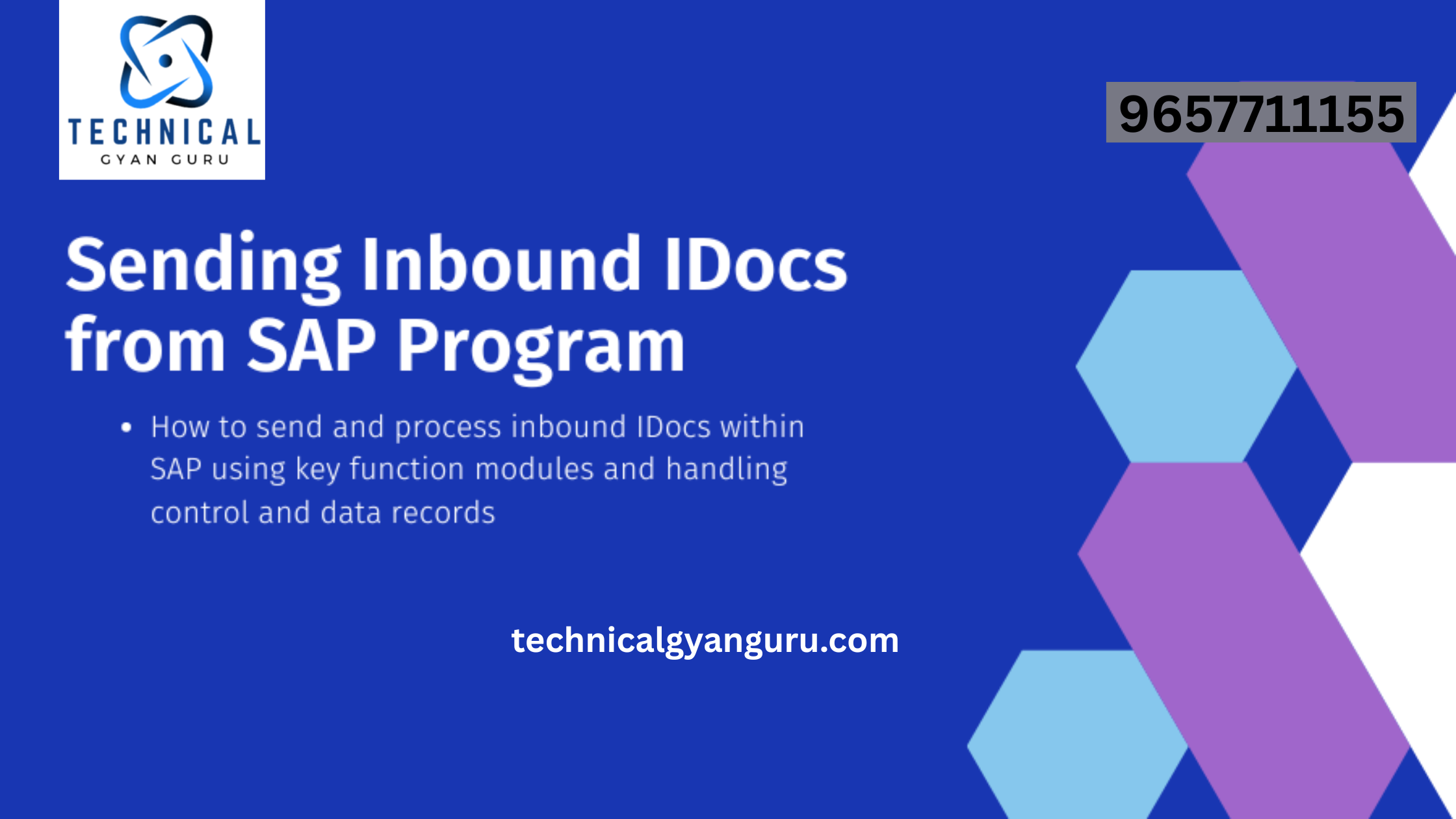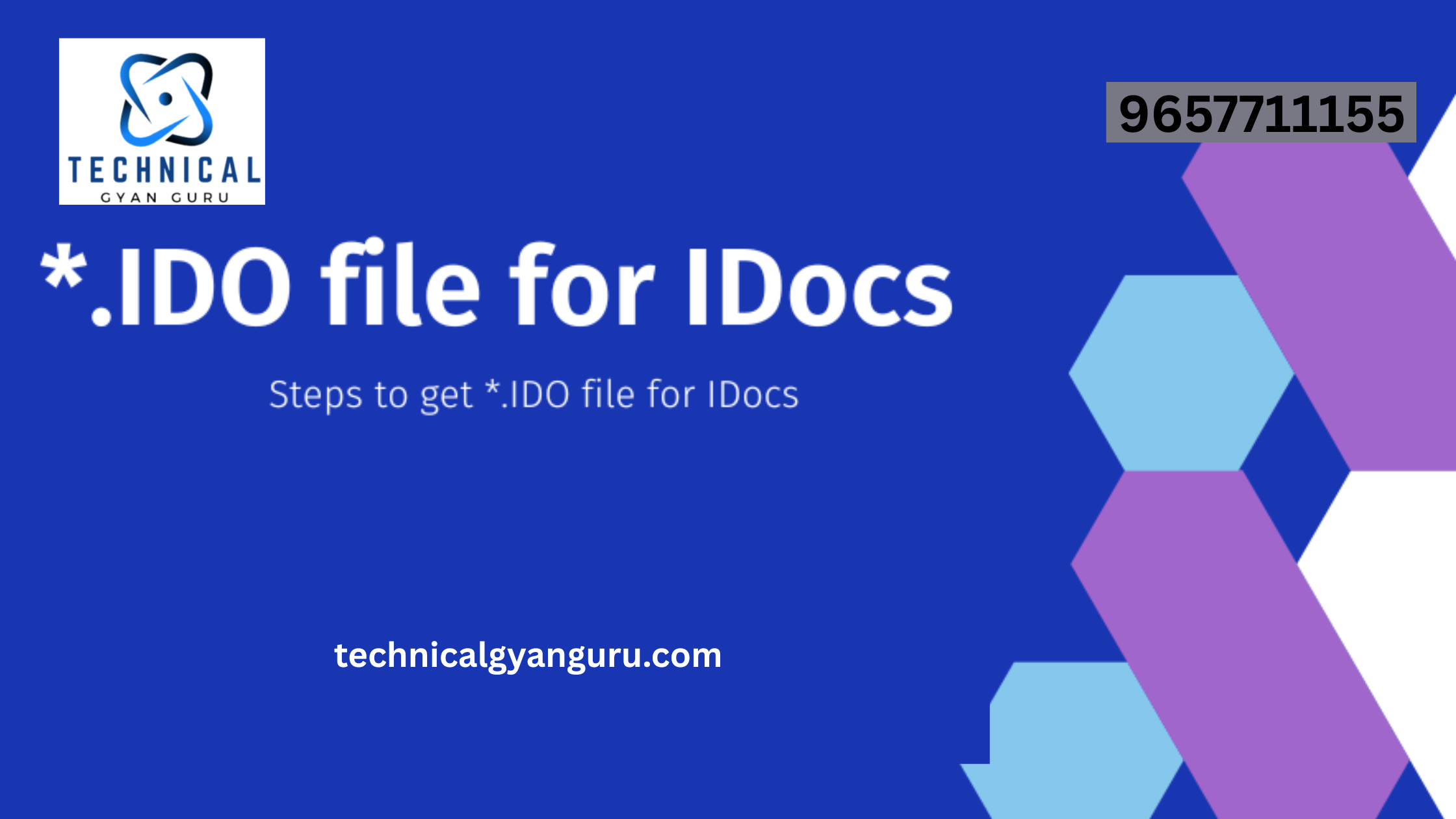
Introduction
SAP Datasphere: In the rapidly evolving landscape of cloud computing, organizations are increasingly turning to cloud database management systems to meet their data storage and processing needs. With the advent of SAP Datasphere, a powerful and innovative solution developed by SAP SE, businesses can now leverage the full potential of cloud-based data management. In this article, we will explore the key features and benefits of SAP Datasphere, as well as its impact on the industry as a whole.
The Evolution of Cloud Database Management Systems
Over the years, cloud database management systems have undergone significant transformations to keep up with the growing demands of modern enterprises. Traditional on-premises databases were often limited in terms of scalability, performance, and cost-efficiency. The advent of cloud computing revolutionized the way organizations store, process, and analyze their data. Cloud database management systems provided the flexibility and agility required in today’s fast-paced business environment.
Introducing SAP Datasphere
SAP Datasphere is a cutting-edge cloud database management system developed by SAP SE, a global leader in enterprise software solutions. With its advanced features and robust architecture, SAP Datasphere enables organizations to efficiently manage and analyze vast amounts of data in real-time. It offers a wide range of capabilities, including data ingestion, processing, storage, and analytics, all within a secure and scalable cloud environment.
Key Features of SAP Datasphere
SAP Datasphere offers a plethora of features that set it apart from traditional cloud database management systems. Let’s delve into some of its key functionalities:
1. Data Ingestion and Integration
SAP Datasphere provides seamless integration capabilities, allowing organizations to ingest data from various sources, such as IoT devices, social media platforms, and enterprise applications. Its intuitive interface enables users to define data ingestion pipelines and establish connections with external systems effortlessly.
2. Data Processing and Transformation
With SAP Datasphere, organizations can process and transform their data using a wide range of built-in data processing functions and algorithms. This enables businesses to clean, enrich, and aggregate their data before storing it in the database. The system also supports real-time data processing, empowering organizations to make data-driven decisions instantaneously.
3. Scalable and Secure Data Storage
SAP Datasphere leverages the power of cloud infrastructure to provide scalable and secure data storage options. It offers both structured and unstructured data storage capabilities, allowing organizations to store diverse types of data efficiently. The system ensures data security through robust encryption and access control mechanisms, giving organizations peace of mind when it comes to data protection.
4. Advanced Analytics and Machine Learning
One of the standout features of SAP Datasphere is its advanced analytics and machine learning capabilities. The system enables organizations to perform complex data analytics and derive valuable insights from their data. With built-in machine learning algorithms, users can uncover patterns, trends, and anomalies, leading to improved decision-making and operational efficiency.
Benefits of SAP Datasphere
The adoption of SAP Datasphere offers several key benefits to organizations looking to optimize their data management processes. Let’s explore some of the advantages:
1. Enhanced Data Agility and Scalability
SAP Datasphere enables organizations to scale their data management infrastructure seamlessly. With its flexible architecture, businesses can easily adapt to changing data volumes and processing requirements. This ensures that organizations can handle growing data workloads without compromising performance or incurring significant costs.
2. Real-Time Data Insights
By leveraging SAP Datasphere’s real-time data processing and analytics capabilities, organizations can gain valuable insights from their data instantly. This empowers businesses to make data-driven decisions in real-time, leading to improved operational efficiency and competitive advantage.
3. Improved Data Security and Compliance
Data security is a crucial concern for organizations operating in today’s digital landscape. SAP Datasphere addresses this concern by providing robust data encryption, access controls, and compliance features. This ensures that organizations can meet regulatory requirements and protect sensitive data from unauthorized access.
4. Simplified Data Integration and Management
SAP Datasphere simplifies the process of integrating and managing data from multiple sources. Its intuitive interface and powerful integration capabilities allow organizations to streamline their data workflows and reduce the complexity associated with data integration and management. This ultimately leads to increased productivity and reduced time-to-insight.
The Impact of SAP Datasphere on the Industry
The introduction of SAP Datasphere has had a significant impact on the cloud database management systems industry. Its advanced features and capabilities have revolutionized the way organizations approach data management and analytics. By providing a comprehensive and integrated solution, SAP Datasphere has empowered businesses to unlock the true potential of their data, enabling them to gain a competitive edge in their respective markets.
Conclusion
SAP Datasphere stands as a testament to the ongoing innovation in cloud database management systems. Its advanced features, scalable architecture, and robust security measures make it an ideal choice for organizations looking to leverage the power of cloud computing for their data management needs. By adopting SAP Datasphere, businesses can enhance their data agility, gain real-time insights, improve data security, and simplify data integration and management. With its positive impact on the industry, SAP Datasphere is undoubtedly a game-changer in the world of cloud database management systems.







